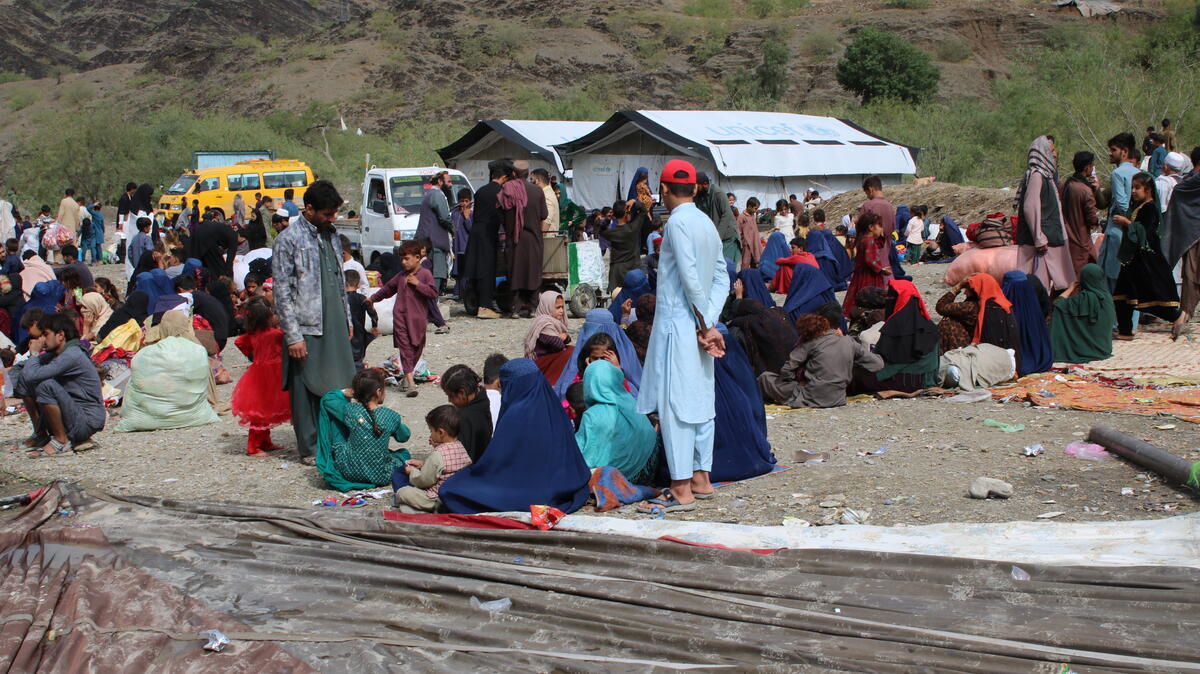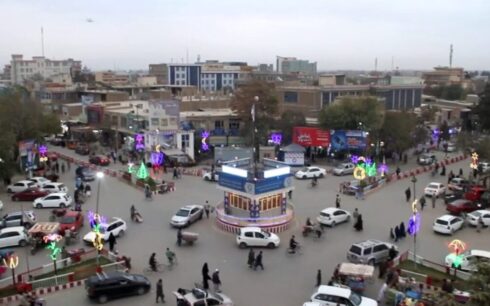Save the Children issued a statement on Friday, reporting a major outbreak of diseases among thousands of Afghan migrants returning from Pakistan, with alarming levels of serious illnesses, including life-threatening and highly contagious acute diarrhea.
Over the past month, Save the Children health facilities have recorded more than 3,000 cases of acute respiratory infections and 1,200 cases of diarrhea in children. The escalation is attributed to families having limited or no access to clean water for drinking and washing, coupled with people being compelled to defecate in the open due to a lack of toilets.
Since October 1, around 286,000 people have returned to Afghanistan from Pakistan, with 139,000 arriving in November alone, according to the UN. This mass return was prompted by Pakistan’s announcement that all undocumented foreigners must leave voluntarily by November 1 or face deportation.
Save the Children emphasizes that 80% of returnees are women and children, with nearly one in four children under five, and over 60% under 17. Many of these families find themselves homeless, lacking funds for food, and staying in basic shelters, creating a dire and worsening situation.
Severe respiratory infections are likely due to prolonged exposure to dust storms, enclosed smoky shelters, proximity to sick individuals, and extreme cold weather as families travel in open, overcrowded trucks.
Individual accounts highlight the harsh conditions faced by returnees. Sharifa, a 20-year-old Afghan woman, stated, “The crowd at Torkham is overwhelming and not suitable for children and women. It gets cold at night, and children do not have warm clothes. There are also few toilets and not enough drinking water. We want at least proper shelter for us.”
Save the Children Afghanistan has responded by deploying a Mobile Health Team to provide health, nutrition, and psychosocial services, along with building 10 gender-segregated toilets to prevent open defecation. Clean and safe drinking water is being provided through approximately 20 water stations, and child-friendly spaces are being established for children during processing.
Arshad Malik, Country Director for Save the Children in Afghanistan, emphasized the urgent need for comprehensive and sustainable solutions.
“The escalating cases of acute respiratory infections and diarrhea present a major cause for concern. As the influx of people continues, the challenges associated with providing adequate water and hygiene facilities, particularly for families and girls, become even more pronounced,” he said.
Pakistan started deporting undocumented Afghan migrants on Nov. 1, with an initial nearly 10,000 deportations a day, which has reduced to over 2,000 by Nov. 17.





